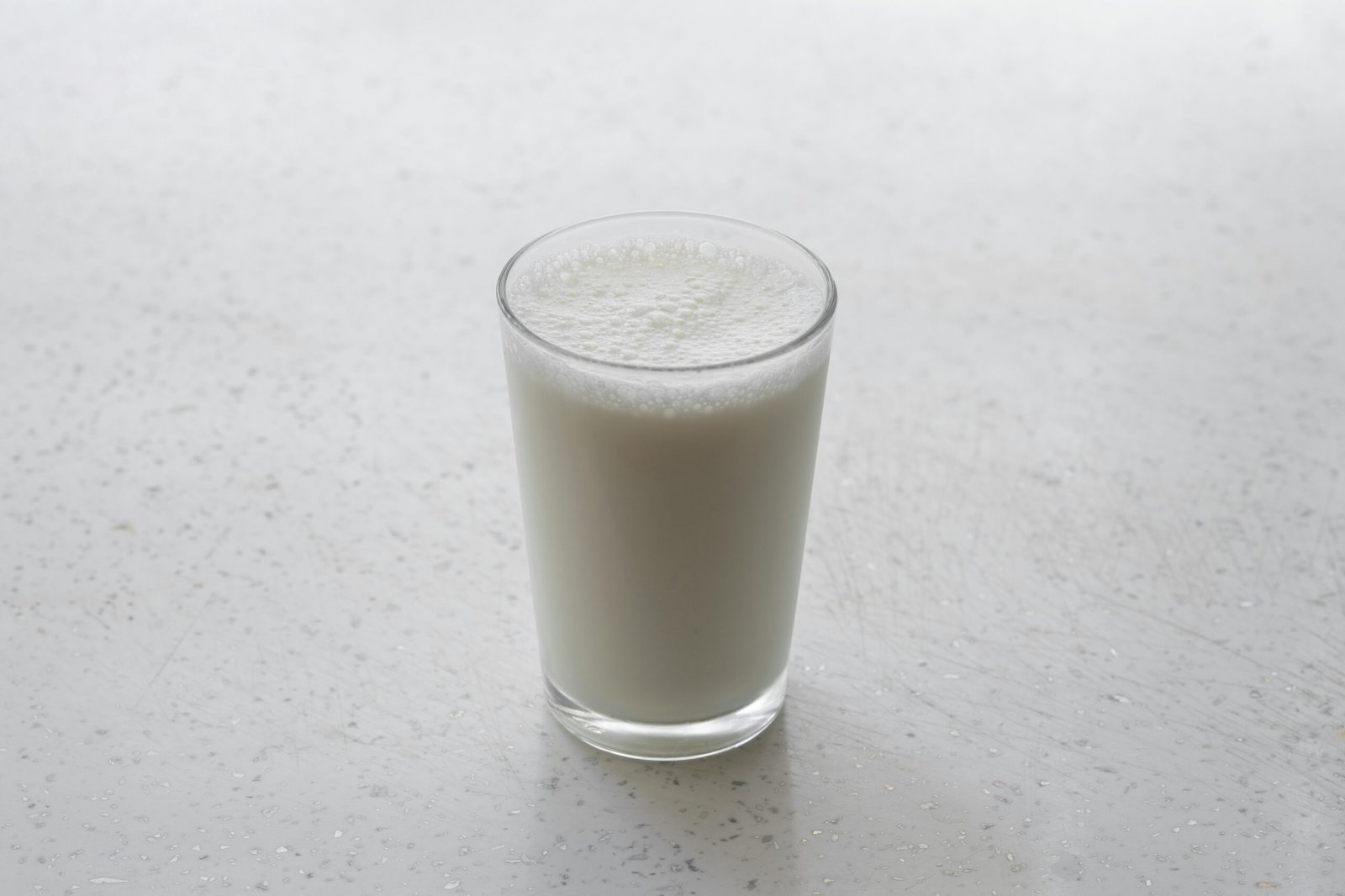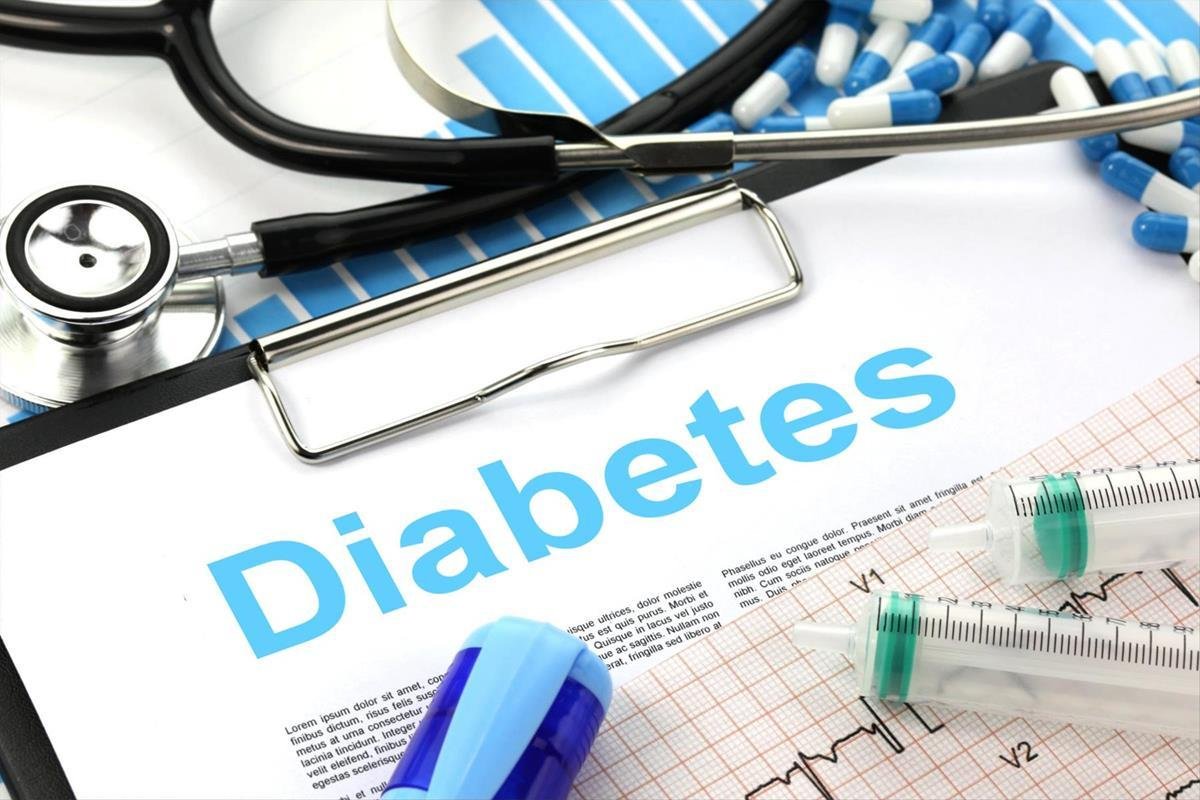The Calcium Connection: Building Stronger Bones
March 13, 2024 | by zhealtheist.com

The Calcium Connection: Building Stronger Bones
When it comes to maintaining strong and healthy bones, calcium plays a crucial role. Calcium is not only essential for bone development in childhood but also for bone maintenance throughout adulthood. In this article, we will explore the importance of calcium in building stronger bones and how to ensure you are getting enough of this vital mineral.
Understanding the Role of Calcium
Calcium is a mineral that is primarily stored in our bones and teeth. It provides structural support and strength, making it essential for maintaining healthy bones. In addition to its structural role, calcium also plays a key role in various bodily functions, including muscle contraction, nerve transmission, and blood clotting.
During childhood and adolescence, the body uses calcium to build strong bones and teeth. As we age, our bodies continue to require calcium to maintain bone density and prevent conditions such as osteoporosis, which is characterized by weak and brittle bones.
Getting Enough Calcium
While calcium is vital for our overall health, the body does not produce it naturally. Therefore, it is crucial to obtain an adequate amount of calcium through our diet. The recommended daily intake of calcium varies depending on age and gender:
- Children aged 1-3 years: 700 mg
- Children aged 4-8 years: 1,000 mg
- Children and adolescents aged 9-18 years: 1,300 mg
- Adults aged 19-50 years: 1,000 mg
- Adults aged 51 years and older: 1,200 mg for women, 1,000 mg for men
It’s important to note that these values may vary depending on individual circumstances, such as pregnancy or certain medical conditions. Consult with a healthcare professional to determine the appropriate calcium intake for your specific needs.
Calcium can be found in a variety of food sources. Dairy products such as milk, cheese, and yogurt are excellent sources of calcium. However, if you are lactose intolerant or follow a vegan diet, there are plenty of non-dairy options available. Some calcium-rich non-dairy foods include:
- Leafy green vegetables like broccoli, kale, and spinach
- Fortified plant-based milk alternatives, such as almond milk or soy milk
- Tofu
- Beans and legumes
- Fish with edible bones, such as sardines or salmon
It’s worth noting that while some foods may contain calcium, they may also contain substances that hinder calcium absorption. For example, oxalates in spinach can bind to calcium and reduce its absorption. However, consuming a varied and balanced diet should provide sufficient calcium intake.
The Importance of Vitamin D
Vitamin D plays a crucial role in calcium absorption. Without adequate vitamin D, our bodies cannot effectively absorb and utilize calcium from our diet. The primary source of vitamin D is sunlight, and it can also be obtained through certain foods such as fatty fish, fortified dairy products, and egg yolks.
If you are unable to get enough vitamin D through sunlight and diet alone, supplements may be recommended. Consult with a healthcare professional to determine if you need to supplement your vitamin D intake.
Conclusion
Building and maintaining strong bones is essential for overall health and well-being. Calcium, along with vitamin D, plays a vital role in this process. By ensuring an adequate intake of calcium through a balanced diet and considering vitamin D supplementation if necessary, you can support your bone health and reduce the risk of conditions like osteoporosis.
References:
- Office of Dietary Supplements – Calcium: https://ods.od.nih.gov/factsheets/Calcium-Consumer/
- National Osteoporosis Foundation – Calcium and Vitamin D: What You Need to Know: https://www.nof.org/patients/treatment/calciumvitamin-d/
- Mayo Clinic – Calcium and Calcium Supplements: Achieving the Right Balance: https://www.mayoclinic.org/healthy-lifestyle/nutrition-and-healthy-eating/in-depth/calcium-supplements/art-20047097
RELATED POSTS
View all



